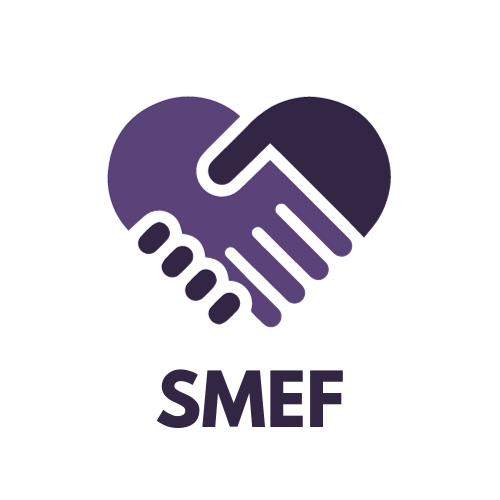Autism Awareness Case Studies
Autism Awareness Case Study
Yusra's case study exemplifies the impact of Baby Steps Woking in supporting individuals, particularly from ethnic minorities, through the perinatal journey. Baby Steps Woking aims to provide equitable support for mothers like Yusra as they navigate the challenges of motherhood.
Yusra faced significant challenges, including postnatal stress, feelings of isolation, and cultural barriers related to infant care practices in cold weather. Balancing childcare, household responsibilities, and emotional stress added complexity to her journey.
In response to Yusra's challenges, Baby Steps Woking provided tailored support, including 1-1 therapy sessions and group activities like Pilates. Flexible attendance options were offered to accommodate her needs, aligning with the project's aim of providing accessible and culturally sensitive support.
Yusra's participation in Baby Steps Woking led to gradual improvement in her mental well-being. She found the Pilates sessions beneficial for stress relief and appreciated the opportunity to connect with other mothers. Through support from the project and exposure to community events like RHS Wisley's 'Glow' show, Yusra experienced personal growth and a sense of empowerment.
Yusra's journey highlights the importance of tailored support and community engagement in addressing the unique challenges faced by individuals from ethnic minorities during the perinatal period. Her experience underscores the need for culturally sensitive initiatives to promote equitable access to maternal health resources.
Moving forward, Baby Steps Woking plans to continue providing inclusive support for individuals like Yusra, with a focus on expanding outreach efforts and enhancing culturally sensitive programming. Supporters are encouraged to contribute to similar initiatives through donations, volunteering, or spreading awareness to ensure equitable support for all mothers in the community.
Sarah, who struggled with depression and anxiety, had started attending the session since she was seven months pregnant. Through the participation in support groups, she gained a sense of belonging and started connecting with the other women in the group.
The support provided by the community development worker helped Sarah get through her pregnancy with resources needed to cope with her challenges as a mother of twins in a new country and gradually we started seeing an improvement in her mental health and overall, wellbeing. She started interacting more with other women in the group where she was now supporting other women through peer-support.
The key takeaway of Sarah’s story is the significant impact that a well-coordinated support system can have on improving the mental health and overall well-being of vulnerable populations, such as new mothers in asylum centres.
In this case, the integration of psychological services, community development efforts, and culturally oriented support effectively addressed the complex challenges faced by Sarah, a new mother in a foreign and stressful environment. This comprehensive approach not only helped her manage symptoms of depression and anxiety but also facilitated her social integration and cultural adjustment, ultimately contributing to her resilience and recovery.
The case underscores the importance of holistic and collaborative interventions in supporting individuals through their mental health struggles in challenging settings.
Although the journey to her recovery presented challenges, her resilience and the comprehensive support system offered by the support group helped her toward healing and adaptation.

